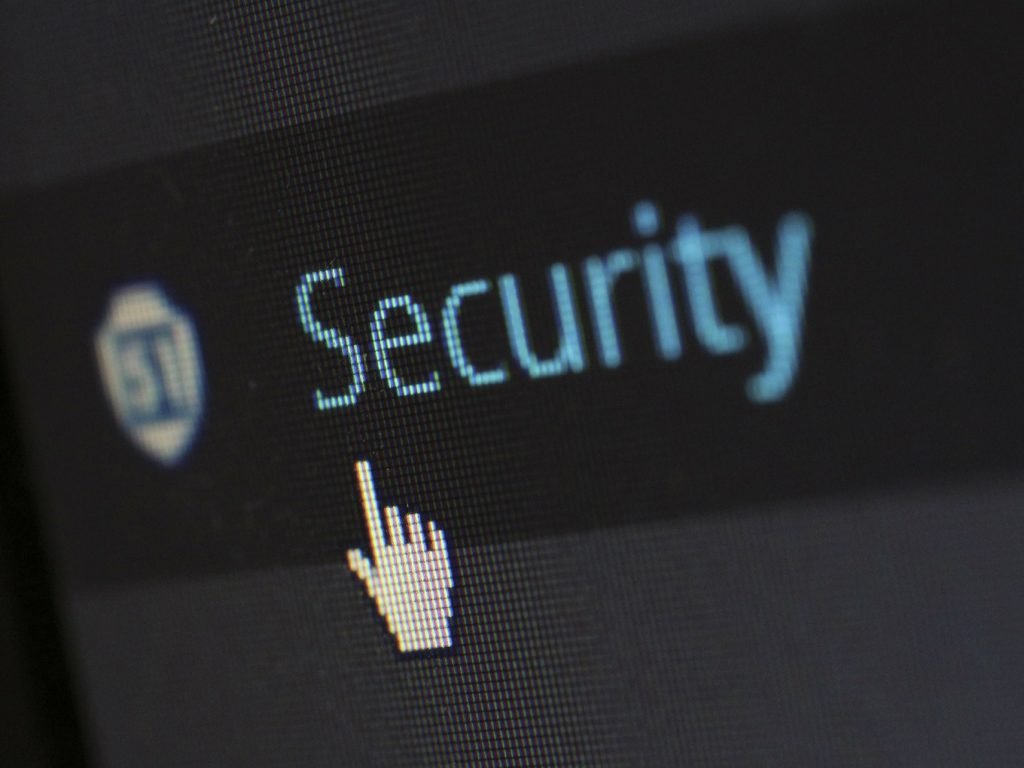
7 Simple Things You Can Do To Be More Secure Online
Being overzealously confident will not add an ounce to your online security protocol bound to be crumbled by hackers with the ill intent of frustrating you. Multi-million dollar companies have had a fair share of data breaches which has not only compromised their credibility but also dented their bank balances.
No one is spared in this vicious cycle. Individual users are also prone to these fraudulent activities, including identity theft. Then how do you protect yourself when online?
To evaluate the safety of your data, use this safety checklist;
- Two-Factor authentication
- Vpn
- AntiVirus
- Strong and Unique Password
- Turn On Your Privacy Setting
- Scrutinize Email and Link Before Opening
How many boxes were you able to tick?
Let’s delve deeper into these safety measures.

Employ A Two-Factor Authentication
2FA as is also known as a layer of security that enhances your online safety by prompting a one-time-passcode (OTP) verification. The OTP is prompted after inputting the common username and password security check before you can access your online account.
4iQ, a security firm unearthed over 1.4 billion stolen passwords and usernames circulating on the dark web. Given the analog exodus to digital and the vast availability of online platforms, it would be hard to remember the exact passwords you’ll use.
This triggers many users to pick an easy-to-remember password for all their accounts, leaving their data exposed to cyber-attacks. However grim this may sound, technological advancement presents light at the end of the tunnel with the provision of biometric authentication, which will curtail these vices.
VPN Usage
A Virtual Private Network offers you the opportunity to stay safe online by masking your geolocation. This is made possible by rerouting your internet access through the service provider’s server hiding your IP address.
The VPN therefore creates and enhances a safe and secure online environment for you to browse minus the prying eyes, either from trackers or advertising agencies. You’ll also have the leeway to access content that might be inaccessible in your area.
Install And Update Your AntiVirus
The internet world evolves each day making data the key fundamental currency that keeps companies and people afloat. New and uncharted pathways are created which brings about the uncouth behaviour experienced today through viruses, malware, spywares, adwares, rootkits, etc.
An antivirus is a handy tool that helps you in eliminating suspicious activity before you begin to deliberate on how to handle a data breach. A good antivirus should aid you in dealing with malware, trojan horses, worms, depicting legitimate entities (which are sometimes guilty of this vice) circumventing the necessary security protocol to gain access to your data.
Turn On Your Privacy Setting
The link between what you share and what is exposed by social networking platforms is crucial. With a few clicks and access one is able to familiarize with your likes, dislikes, favorite place, family, friends, etc.
If at any instance what you share is linked to security questions asked in the 2FA process then a data breach on your system is inevitable. It’s a matter of ‘when’ and not ‘if’. Mat Honan is such an example, where a 19-year old hacker pieced information together and hacked his accounts.
Scrutinize Emails and Links Before Opening
The sole aim of the majority of websites online is to generate leads and that’s the reason why you’re being promoted to subscribe to every website you access. Your email address is always exposed as you sign up for newsletters geared towards informing you of services or special offers.
Your email address now becomes a conduit that can be utilised by hackers to send you links that are meant to activate malware or spyware. It’s prudent to ensure you use different email for different purposes from financial, social and for other platforms

Use Strong and Unique Password
Passwords are a critical factor in online security, when one gets hacked these are the details that are mined. The hacker is then able to access and either lock you out of your accounts and do whatever s/he pleases.
Though there are an array of tips to secure your social media platforms, your first line of defense begins with having a unique password for every website you access. To do so, you should consider having an automated password manager that not only allows you to create strong and unique passwords but also enables you to save them for future references.
Backup Your Data
This is a superb option incase of the uneventful circumstance that your data is breached and you are required to part with monetary value for access to your accounts. Given the availability of saving tools that incorporate cloud technology, your data is secure.
You can also opt to use an external drive that ensures in case of web accessibility your data is safe. Always keep your guard up and follow the necessary safety protocols in order to keep cyberattackers at bay.
References;
Kumar, M.
Kumar, M. (2021) Collection of 1.4 Billion Plain-Text Leaked Passwords Found Circulating Online, The Hacker News. Available at: https://thehackernews.com/2017/12/data-breach-password-list.html. (Accessed: 7 October 2021).
How to Handle a Data Breach within Your Business
How to Handle a Data Breach within Your Business (2021). Available at: http://thewowstyle.com/how-to-handle-a-data-breach-within-your-business/ (Accessed: 7 October 2021).
Nast, C.
Nast, C. (2012) How Apple and Amazon Security Flaws Led to My Epic Hacking, Wired. Available at: https://www.wired.com/2012/08/apple-amazon-mat-honan-hacking/ (Accessed: 7 October 2021).
Keep Your Social Media Secure [2021] | EFANI
Keep Your Social Media Secure [2021] | EFANI (2021). Available at: https://www.efani.com/blog/keep-your-social-media-secure/ (Accessed: 7 October 2021)




